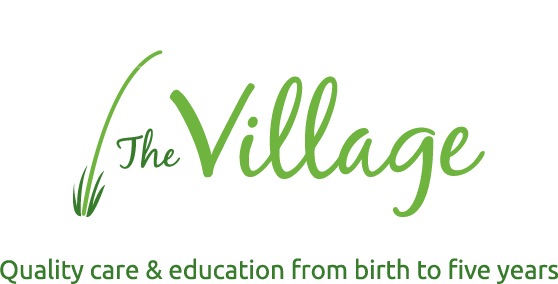ERO Report
Highlights
*Children are supported well. Teachers are responsive to their strengths, interests and needs.
*A family orientated centre culture is in place. Meaningful and reciprocal relationships with children and their whanau are fostered.
*Nurturing interactions foster the high-quality curriculum of care for children up to the age of two. Infants and toddlers play in a calm safe environment in which teachers use well-known and respected early childhood education practice.
*A highly responsive and collaborative approach to support and strategies that best meet the needs of diverse learners is evident.
*Strong relationships between parents, the centre and external agencies promote well-considered learning experiences.
*Transition in and through the centre is highly responsive to children’s readiness and occurs at the child’s pace.
*Risk-taking and opportunities for challenge are actively promoted and support extension of meaningful learning experiences. Frequent excursions, including to the centre’s Discovery Garden, strengthen children’s links with the community and environment.
*There is a strong focus on all aspects of literacy, mathematics, science and the natural environment. Teachers also support children to explore, solve problems and engage in dramatic and creative play.
*High-quality review is a significant feature of the centre.
ERO Summary
Background
The Village Preschool and Childcare Centre is a privately-owned centre located in Bethlehem, Tauranga. It is licensed to provide all-day education and care for 87 children, including 30 up to the age of two years. The roll of 104 children includes 16 children who identify as Māori.
The indoor and outdoor environments promote exploration and opportunities for collaborative play for infants, toddlers, and pre-schoolers. The indoor and outdoor areas support children to purposefully engage in an area of play depending on their current interests. These areas are well connected and foster positive interactions between younger and older children.
The centre is a member of the Otūmoetai Community of Learning|Kāhui Ako.
Leaders and teachers have responded well to the areas for development identified in the 2014 ERO report. They have focused on reviewing the philosophy, enhancing bicultural practice and developing assessment practices to better acknowledge and celebrate children’s learning, progress and development overtime.
The Review Findings
Children are supported well. Teachers are responsive to their strengths, interests and needs. Choices for learning, self-care and social competency are highly evident. The philosophy has been recently reviewed and is actively fostered throughout the centre. Nurturing relationships and empowerment for children’s learning are highly evident in teachers’ practice.
A family-orientated centre culture is in place. Meaningful and reciprocal relationships with children and their whānau are fostered. Parent aspirations are invited and are actively supporting direction for children’s learning. Curiosity is fostered and learners are encouraged to discover new experiences and challenges throughout their play.
Nurturing interactions foster the high-quality curriculum of care for children up to the age of two. Infants and toddlers are well supported and empowered to build their self-confidence and awareness. The physical environment supports exploration and fosters focused learning experiences.
A highly responsive and collaborative approach to support and strategies that best meet the needs of diverse learners is evident. Children are encouraged to learn at their own pace. Strong relationships between parents, the centre, and external agencies promote well-considered learning experiences. Strengthening documentation to show the progress of the child’s learning overtime should better foster continuity for the learner.
Transition in and through the centre is highly responsive to children’s readiness and occurs at the child’s pace. The process and practice is respectful and inclusive of the child’s needs and wants. Their feelings and emotions are considerately acknowledged. The centre is extending links with local schools to further support and develop the process for transition to school.
The centre has reviewed its bicultural practice to better support children’s understanding and knowledge of the dual heritage of Aotearoa, New Zealand. Children’s portfolios are beginning to show a deepening bicultural curriculum. Leaders and teachers have identified the need to weave te ao Māori deliberately and purposefully into learning experiences and the environment. This should better support an authentic approach to respond to Māori children’s learning.
Learning stories reflect a rich and varied curriculum. Risk taking and opportunities for challenge are actively promoted and support extension of meaningful learning experiences. Frequent excursions, including to the centre’s Discovery Garden, strengthen children’s links with the community and environment. These experiences promote knowledge of the living world and further enhance their learning.
Opportunities for leadership among teachers is actively promoted and supported. A transparent and deliberate approach to growing teachers’ knowledge is evident throughout the centre. Staff experience a wide range of professional learning and development opportunities that broaden and build their teaching capability.
